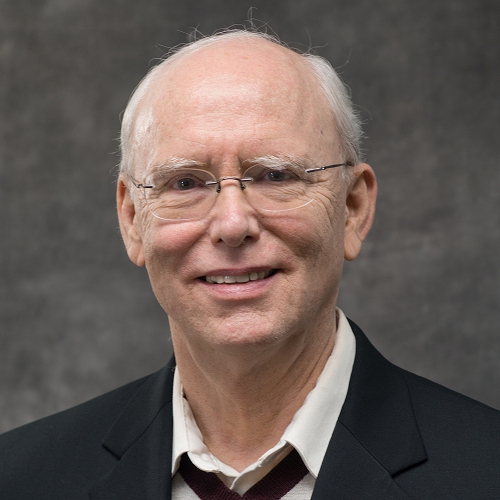Bruce Kirchoff, Ph.D.
Emeritus and Adjunct Professor
Department of Biology
University of North Carolina at Greensboro
Greensboro, NC 27402-6170
Email: kirchoffbruce@gmail.com
Dr. Bruce Kirchoff is a scientist, storyteller, and improviser with deep interests in in epistemology and spirituality. These interests led him to formulate ideas on the social construction of true knowledge (i.e., reality) based on the work of philosophers like Bruno Latour and feminist theoreticians like Helen Longino and Evelyn Fox Keller. His three papers on these subjects culminated in a description of a consciousness-community-reality triad that underlies all knowledge. He suggests that our communities modify our states of consciousness in ways that allow the members of these communities to see the word in a certain way: that is to gain true knowledge of the world. What we take as knowledge is true only because it is embedded in and validated by a community of people who maintain the same state of consciousness: the state that takes these shared aspects of the world as true. These shared states are reinforced by community practices that both reinforce the sense of community (a state of consciousness) and validate the perception of the world that the community takes as real. He goes on to suggest that belonging to a community is a qualitative experience. That is, it “feels like something” to belong to a community. This quality of feeling is similar to what we experience when we are in the presence of another person. He therefore speaks of the qualitative aspect of the consciousness-community-reality triad as a being. This inter-personal view of the world, which he describes from an experiential standpoint, is now being explored from a neuroscience perspective in research such as that of Kingsbury and Hong (2020). These authors speak of the “emergent neural properties of multi-brain systems.”
Once he became aware of the existence of these systems, Bruce began to ask if they can be intentionally created. Is there something he could do to help groups enter an altered state of consciousness in which they experience the beingness of the consciousness-community-reality triad. He is currently exploring this question by work with intentional conversation groups (Dialogue), group storytelling, and dramatic improv.
Intentional conversation takes place when a group of people, sitting in a circle, share what arises from their hearts. The intent of these groups is to find shared meaning. Shared meaning is wisdom that does not belong to a single person but to the group as a whole. This shared meaning arises as an expression of the consciousness-community-reality triad that is instantiated by the group. Group members can become aware of this triadic being as they attend to their feelings during the conversation.
Several processes can help group members come to this realization. First, a talking piece can be passed from hand to hand around the circle to allow people to listen deeply to whoever is speaking without having to prepare their own responses. When the talking piece passes to someone, they are encouraged let go of any preconceived ideas and speak what arises from their hearts. When even a fraction of the participants speak in this way and not out of their intellects, the conversation deepens and common meaning can emerge. The sense of this meaning may be pre-verbal, but it may also happen that people hear their ideas, which they have never spoken aloud, spoken by someone else in the group. Through practices like this Bruce hopes to lead people to experiences of transcendent, existential being.
Group improvised storytelling uses a similar process but with the focus on telling a coherent story. Each person contributes one small piece of the story, leaves the narrative open, and passes the story to the next person in the circle. For instance, a teller might say “And then the dragon . . . “ and pass the story to the next person who would fill in what the dragon did while also leaving the narrative open for the next person. A brief discussion of the relevance of this method to social construction can be found here.
Dramatic improv is a bit like group improvised stories, but the participants function as actors and use theatrical dialogue to create the stories. An example of dramatic improv from students Bruce trained is at this link.
Bruce is working with these forms to help groups become away of the everyday action of social construction in their lives.
References:
Kingsbury, L., and Hong, W. 2020. A Multi-Brain Framework for Social Interaction. Trends in Neurosciences 43(9): 651-666. doi: https://doi.org/10.1016/j.tins.2020.06.008

Bruce Kirchoff Resources
Links to Bruce’s papers on Social Construction of reality:
- Kirchoff, B. K. 1995. A holistic aesthetic for science. Journal of Scientific Exploration 9: 565-578.
- Kirchoff, B. K. 1996. Scientific communities, objectivity and the transformation of science. Research Report Causality Project CP-8, Institute of Noetic Sciences, Sausalito, CA.
- Kirchoff, B. K. 1999. Consciousness, community, and the brain: Toward an ontology of being. In J. S. Jordan (ed.), Modeling consciousness across the disciplines. Lanham, NY: University Press of America, pp. 243-268.
